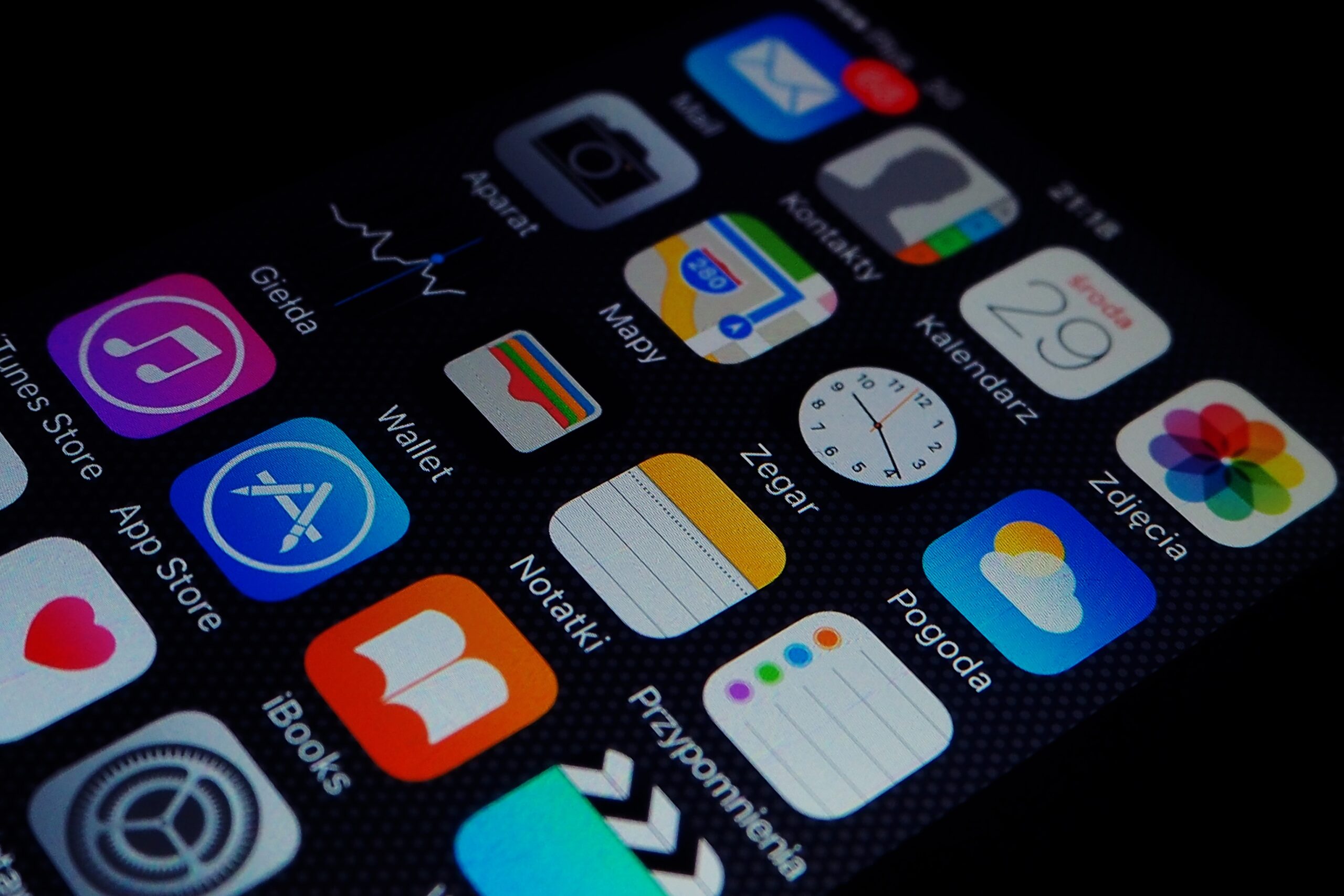The Earth is best described as a planet of the Apps (short for “applications”). It is overrun by them. Apps intrude into every facet of our lives. Most times, we cannot do without them. Other times, we do not know what to do with them. And there are times they simply let us down.
By the time 2021 drew to a close, App users were projected to have downloaded 196 billion mobile apps from the Google Play Store. With over 1.85 million different Apps available for users to download, and an additional 2.56 million apps for Android users through the Google Play Store, it is safe to say Apps permeate virtually every aspect of our lives.
For example, when the recent floods hit British Columbia, a horde of Apps came to the rescue providing alerts, weather updates and SOS messages to help the affected areas.
But are they always helpful?
The ArriveCAN App, for example, which is mandatory to travel in and out of Canada, has come under fire from users for stalling passengers waiting anxiously at Canada’s check-in and arrival counters.
The App also presented challenges for users last November and December at Canada’s airports, road crossings and borders, as travellers, especially those coming into Canada, were held up by the Canadian Border authorities. Glitches, coupled with confusion about what information was required, caused some travellers to receive penalties for not producing what border agents wanted.
Ron Smith, of Brockville, a retired sports editor from The Recorder & Times, told that publication he was unaware of the App requirement (spelt out on ArriveCAN App as ‘mandatory’), which became effective on Nov. 30, 2021.
He said he’d driven across the border on Wednesday (Dec. 1) to pick up two parcels in Ogdensburg, New York, after Transport Canada allowed fully-vaccinated Canadians to make trips of less than 72 hours to the United States without an expensive PCR test before returning.
To his chagrin, at the U.S. Customs, a form was handed to him from the Canadian Border Service Agency telling him he needed to download a Canadian App before returning home, but he did not have a smartphone, which is needed to download Apps. Paperwork was not acceptable; a special government App with QR (Quick Response) code was needed.
Mythri Sampath (name changed), 75, also had her share of bad Apps experiences en route to Toronto in Dubai, at the Air Canada check-in counter.
She had her vaccinations — two of them — and the PCR test as well as a day’s rest, as prescribed. But when she tried to check-in the next day, even after uploading the correct QR details, the App was not indicating a successful upload.
A helpful aunt living in Dubai tried filling the needed details on the ArriveCAN App again. When there was hardly any time to board, Sampath contacted her son in Ottawa, who asked to remain anonymous given his status as a public service employee, and he filled in the details on the government website for her. Eventually, the signal turned green and she was able to board the plane, but not before causing her stress.
“She had no knowledge about handling a smartphone and downloads or uploads,” the son told NCM in a phone interview.
“Apps are not age-friendly. These were two old ladies, tense and fumbling, and she was not allowed to board the flight till the App got it right. Something was wrong with the QR code uploading.”
App hell
It is next to impossible to enter Canada by air, road or sea without details of contact information and travel, vaccination information and pre-entry test results, quarantine plan, and saved traveller feature on the ArriveCAN App, which, when it’s working, helps travellers comply with Canada’s border measures quickly and securely. (Passengers who had followed the mandatory ArriveCAN App to the letter, have managed to get through fairly quickly and easily.)
But even loading the App can be unsettling for some.
“When I got to the border, I tried to use the ArriveCan App and wasn’t successful at getting logged into it,” Kathy Nield told CTV News after returning to Mallorytown, Ontario, from New York State.
“I was sitting in a parking lot three hours earlier, panicking because I couldn’t get it going. It wasn’t my fault that their App didn’t work.”
Eric and Kerri Langer also saw what was supposed to be a quick trip into New York turn into a week-long struggle to reverse an unexpected quarantine order, all because their ArriveCAN App didn’t load when they tried to cross the border.
“Lookit, we had to fight stupid with stupid here,” Eric Langer told the CBC in December.
Public safety critics have also been quick to complain that the ArriveCAN App had crashed for some users, while some others were unable to access it because of poor cell service and the fact that many seniors did not have smartphones.
The COVID Alert app, which the federal government launched nearly a year ago, has also failed to yield very good results. According to a Toronto Star news report from last August, “(a)n independent analysis of the federal government’s COVID Alert smartphone App concludes that over five months it reduced the number of cases in Canada by between 6,284 and 10,894 — and saved between 57 and 101 lives — but that only a few Canadians actually used it.”
According to an article by Durham Radio News.com from last December, Ontario has announced that from Jan. 4, 2022, “you will be required to use the enhanced vaccine certificate with QR code and the Verify Ontario App in settings where proof of vaccination is required.” The QR code can be used digitally or by printing a paper copy.
On the positive side, if a traveller has no phone or a laptop/computer, they can get the QR code at the local library or call the Provincial Vaccine Contact Centre. And according to a news report from the Canadian Press, the CBSA “is accepting in-person information at the border, as well as on the ArriveCAN App.”
Apps everywhere
Yet, despite their frustrating shortcomings, Apps are here to stay. Indeed, if Mother Earth is creaking with the weight she carries on her rounds, it is due to the millions of Apps constantly spawned and downloaded.
In Canada alone, there are more than 7,187 Canadian publishers on Google Play, out of a total of 889,257, according to the 2021 Canadian App Market Statistics. Statistics also point to 22,026 Apps from Canadian publishers on Google Play out of 2,804,692 in total.
At 500 downloads per second, a ticker before Apple’s website relentlessly crunches out numbers of units of Apps downloaded from the App Store. In Canada, TikTok is the most-downloaded App from that store, with iOS users downloading it over 396,000 times, according to the Statista web site.
Apps have become so omnipresent, in fact, that the American Dialect Society named “App” the word of the year in 2010.
So, though perfect they are not, it seems Apps will continue permeating our lives for the foreseeable future — multiplying, multitasking, and providing answers to any question under the sun, and even to ones not yet asked.
Editor’s note: Professional and ethical journalism guidelines state that all claims must be corroborated and backed up by evidence and credible sources who are clearly identified. However, this isn’t always possible to do when security and safety issues, for instance, are at play. Please, take a look at this guide published by NCM to learn more about the ethics behind naming sources and using anonymous ones.
Gita Abraham is a journalist of 45-year standing and has worked in national dallies and magazines in New Delhi including Hindustan Times and India Today. For 15 years she was the Feature Editor of The City TAB in Bangalore. She was also a Professor of Journalism, at the Asian College of Journalism in Chennai. Treading the thin line between fact and fiction, Gita has launched her debut novel “Daughter of the Blue Hills” early this year. She and her husband are snowbirds shuffling between Chennai and Ottawa. She has two daughters and two frisky grandsons who inhabit her world.






[…] Source: Not without my Apps […]